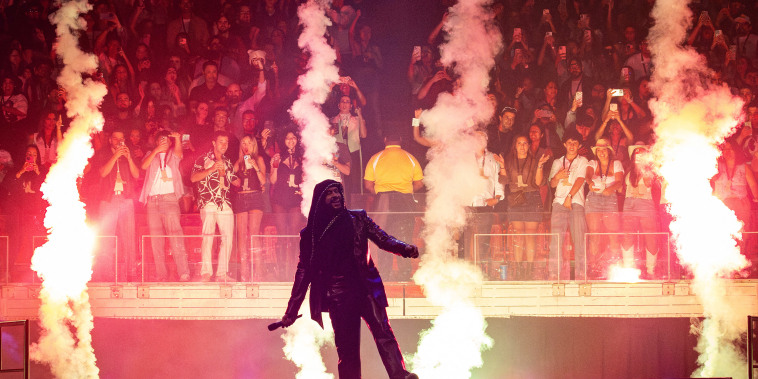
Major Artists’ Show Cancellations: The Sudden Epidemic Upending Music Tours!
Changes in the music and entertainment industry have led to unexpected concert and tour cancellations by a number of major artists. These decisions have left hordes of fans feeling disappointed and confused. Understanding that these cancellations are not arbitrary entails delving deeper into the myriad reasons motivating these prominent individuals to take such drastic actions.
One of the most significant reasons pertains to mental and physical health issues. The strenuous routine of constant travel, nightly performances, and sleep deprivation can take a toll on the overall health and wellbeing of even the most robust individuals. For instance, hip hop sensation Drake had to postpone his Miami concerts in 2018 due to severe sickness while star singer Adele canceled her final two tour dates in 2017 due to damaged vocal cords. Such issues underscore the importance of health over performance and bring to light the need for wellness in the demanding music industry.
Another crucial factor is the increasing awareness and attention towards mental health. The hustle and bustle of the music industry coupled with the stress of living in the public eye can exacerbate underlying mental health conditions. Following a mental breakdown, pop icon Justin Bieber canceled his tour in 2017, citing need for rest and addressing mental health issues. Similarly, Kanye West had also called off his Saint Pablo tour due to his unstable mental health. This heightened sensitivity to mental health concerns reflects a positive shift in the entertainment industry.
Industry changes and contract disputes also provoke concert cancellations. For instance, a disagreement between Lil Wayne and Cash Money Records led him to call off several shows. Such disputes can pose serious challenges, creating an atmosphere of uncertainty and tension which often result in show or tour cancellations.
A technological glitch or production deficiency is another plausible cause for cancelations. Artists as prominent as Justin Timberlake had to cancel his Madison Square Garden concert due to severe technical issues that compromised the integrity of the show. In an industry where the quality of performance is integral to an artist’s reputation, such technical drawbacks can make cancellations inevitable.
Sometimes, an artist’s creative dissatisfaction also leads to such drastic steps. Musicians resonate their emotions and state of mind through their music, and when they feel their performances are becoming monotonous or are not adequately reflective of their creativity, they might choose cancellation. Frank Ocean canceled his festival dates in 2017, stating that he needed a longer gestation period for his performances.
Financial implications can also trigger the cancelation of concerts or entire tours. The organization and production of concerts and tours involve significant investment. In situations where ticket sales are not at par with the projected estimates, the financial deficit may result in artists or producers opting to cancel.
Lastly, unforeseen circumstances like severe weather conditions, accidents, or global crises like the COVID-19 pandemic could necessitate cancelations. For example, the Rolling Stones had to postpone their North American tour due to Mick Jagger’s heart surgery, and more recently, countless artists have had to cancel or postpone tours due to COVID-19 restrictions.
In summary, there are multiple reasons why major artists might abruptly cancel concerts or even entire tours. However, these are not decisions taken lightly. Every concert or tour cancellation carries with it implications for artists, fans, and industry personnel alike. Recognizing the pressures and dynamics of the music industry can therefore help fans empathize with artists, reminding us all of the need for understanding and patience in such circumstances.
